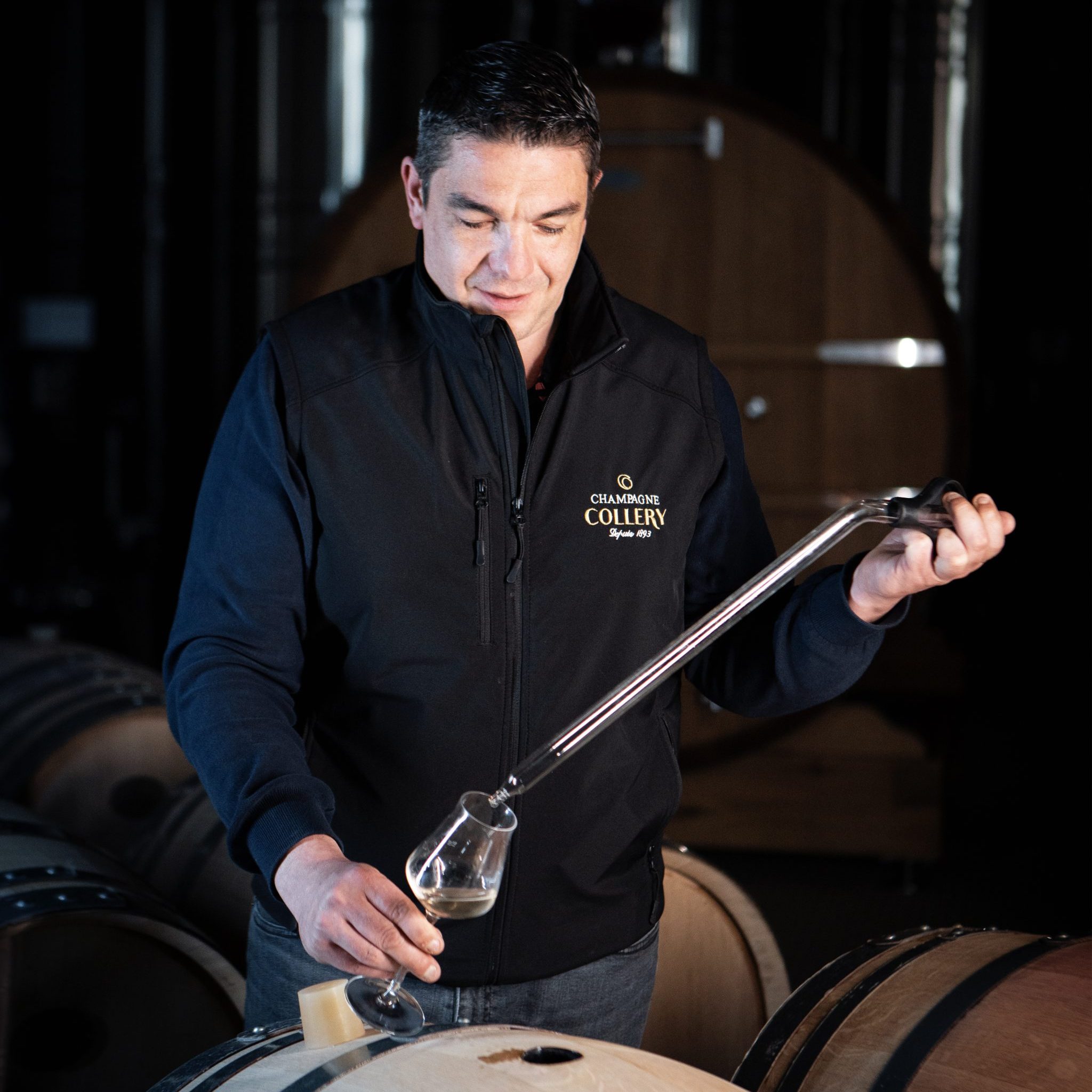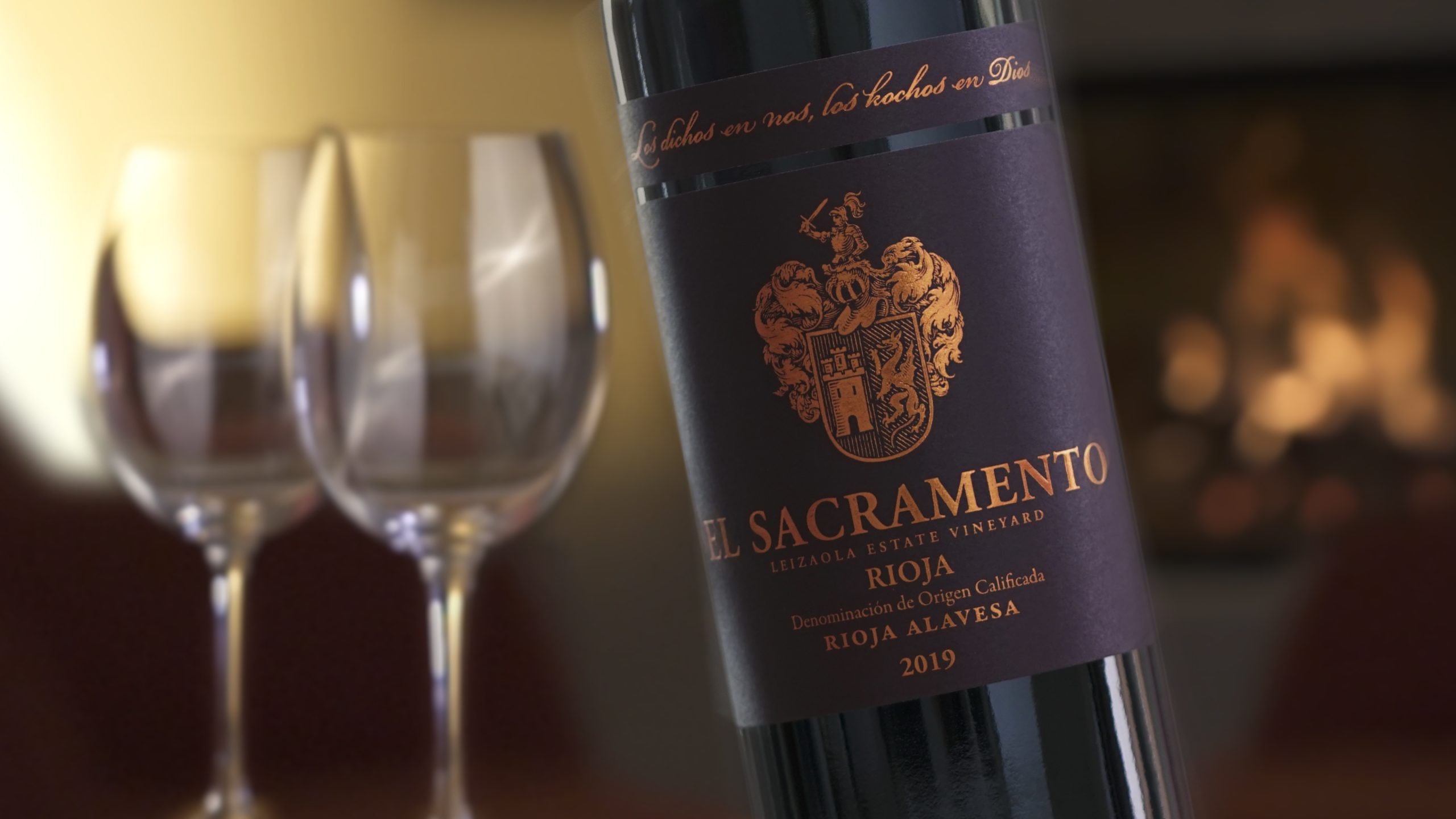Climate change could drastically alter Bordeaux wines, expert warns
By Simon FearnThe Bordeaux of 2050 could be much fruitier, may not have the same capacity for ageing and could have a lower alcohol content, a Bordeaux winemaker and oenologist has warned.
Bottles of Bordeaux
If temperatures rise between 2 to 4 degrees in the Bordeaux region by 2050 (as forecasted by the Intergovernmental Panel on Climate Change), then Bordeaux wines could be unrecognisable, says Pascal Chatonnet, a winemaker and oenologist.
Chatonnet modelled the Bordeaux of 2050 by cultivating Cabernet Sauvignon and Merlot grapes in warmer Southern climates (Languedoc-Roussillon and Tunisia).
He used a 50/50 blend of the two grapes to make predictions about future Bordeaux wine. His work was commissioned by French environmental group l’Association des Journalistes de l’Environnement.
Chatonnet told French news site 20 Minutes: “For the moment, on the red [wine] the consequences [of climate change] are rather positive. When we have, for example, an Indian summer, there is an improvement of the vintage.
“But if we let this same climatic phenomenon unfold, it may change. In extreme climates, we have never made high quality products.”
Partner Content
On the palate, he found the 2050 wines “quite supple, but almost syrupy”, while the nose “was of very ripe fruit – almost jam-like”. The alcohol content was also likely to fall from the typical 14-15% to 13.5%, he said, due to the more rapid ripening of grapes, despite the expectation that a warmer climate would ordinarily increase potential alcohol levels.
As the grapes mature faster in higher temperatures, the wine will have less capacity for ageing and some of the subtleties of flavour will be lost. Chattonnet said: “With the acceleration of the maturation cycle, we can miss a lot of things.”
Though the results of his experiment are far from a definitive window into the Bordeaux of the future, they serve as a timely reminder of the impact climate change could have on one of our best-loved wine regions.
Chattonnet said: “This is an important warning because the vineyards planted today in 2018 will be the ones we are going to taste in 2050.”





Well on the basis by 2050 I will hopefully be sampling the ‘nectar of the gods’, I shan’t lose to much sleep over this prediction. 20 years ahead is the max I am worried about!
There are many variables in grape growing and winemaking that can be used to offset some of the issues potentially caused by climate change. Right now, Bordeaux is in a golden age in terms of quality from both better farming and better winemaking. There is more understanding of what makes great wine now than ever before. I think the bordelaise are up to the challenge.
40 years ago when I was a wine buyer, I would travel to Bordeaux (and Burgundy) where the French would proclaim confidently that “no great wine will ever be made anywhere else”. In the past 40 years we have seen great wines emerge from all over the globe, and a great deal of it from warmer, indeed, even much warmer climates than the corresponding French climes. The emphasis on climate is simply not supported by modern wine chemistry. The phenolic content of the fruit, which becomes the flavor concentration in wine by the formation of polyphenols, is a result of solutes produced in the leaves of the “mother” vine as a way to nutritionally support her offspring. This process takes place virtually anywhere vines can survive. Two things act as the gatekeeper for how much solutes can be produced: 1) The DNA of the vine (nature’s contribution) and 2) the specific cultivation techniques (the human contribution, which are too voluminous to discuss here). There is no magical, mystical interaction of vines and environment, although the industry has enjoyed the romance of this archaic notion for centuries.